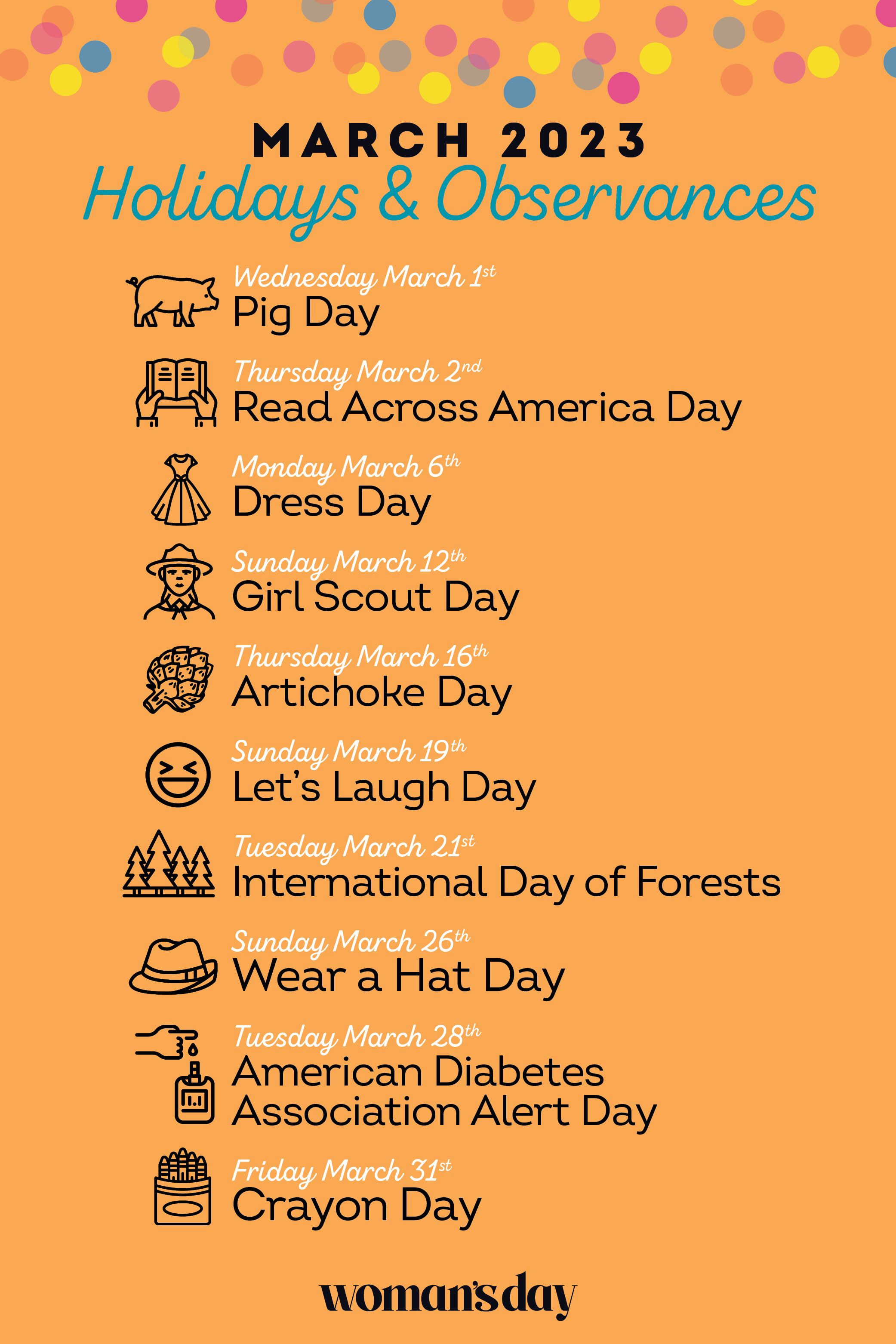Working on Good Friday: Rules Traditions & Considerations
Good Friday, a day observed by many Christians around the world, commemorates the crucifixion of Jesus Christ. It falls on the Friday before Easter Sunday and is often marked by a somber atmosphere of reflection and remembrance. However, in modern society, the question arises: is working on Good Friday acceptable? This inquiry delves into the rules, traditions, and considerations surrounding work on this significant day.
Historically, Good Friday has been a day of fasting and penance for many Christians, often precluding any form of labor. Traditionally, individuals engaged in religious observances, attending services, and contemplating the significance of Christ’s sacrifice. Such practices establish a strong cultural heritage intertwined with the sanctity of the day. However, over time, societal norms have evolved, prompting the need for a nuanced discourse on the implications of working on Good Friday.
In many cultures, particularly in predominantly Christian regions, there exists an unspoken expectation that individuals refrain from work-related activities on Good Friday. The observance may be legally mandated, as certain countries and regions designate this day as a public holiday, allowing employees to take a day off work to reflect and observe traditional practices. In countries like Canada, parts of Europe, and Australia, Good Friday is indeed recognized as a statutory holiday, thereby obligating employers to provide time off unless otherwise stated in an employment agreement.
Nonetheless, in our increasingly globalized society, the diversity of beliefs has led to a noticeable shift in how individuals celebrate or even acknowledge Good Friday. Employers may have varying policies regarding holiday observances, depending on their workforce’s cultural and religious composition. Therefore, it is essential for employees to understand their rights and obligations. Employers should communicate their policies on holiday observance clearly, ensuring that employees are aware of their options. Silence on this issue might lead to ambiguity, causing discomfort for those who wish to observe the day in a traditional manner.
Another critical consideration is the impact of working on Good Friday on interpersonal relationships and workplace morale. For many, working through a culturally significant holiday can evoke feelings of isolation or difference within a team. It can stir dissatisfaction or resentment among coworkers who may feel compelled to work while others are attending services or spending time with family. Thus, organizations should foster an inclusive environment where employees can express their preferences and negotiate schedules that respect both individual beliefs and organizational needs.
Ultimately, working on Good Friday is laden with various ethical and cultural considerations. Employers are encouraged to evaluate their stance on such matters, perhaps offering flexible scheduling options. This can help accommodate those who choose to observe the day, promoting a culture that respects diverse beliefs while maintaining productivity and staff well-being.
In conclusion, while the decision to work on Good Friday greatly depends on individual circumstances, understanding the rules, traditions, and considerations in play can significantly influence the experience. Balancing professional obligations with personal beliefs requires sensitivity, communication, and a commitment to inclusivity. As cultural norms continue to evolve, navigating this landscape necessitates awareness and respect on both sides – from employers and employees alike. By fostering open dialogue and understanding, organizations can ensure that both personal faith and professional responsibilities coexist harmoniously.
You May Also Like
Best Fish to Catch in Australia: A Guide for Anglers
Australia boasts an extraordinary diversity of fish species, making it …
Emily Bay Norfolk Island: A Hidden Gem in the Pacific
Emily Bay, a picturesque enclave nestled on the sun-kissed shores of …
Holidays on August 23: Global Festivities & Observances
August 23 is a date that carries a bouquet of cultural significance …





